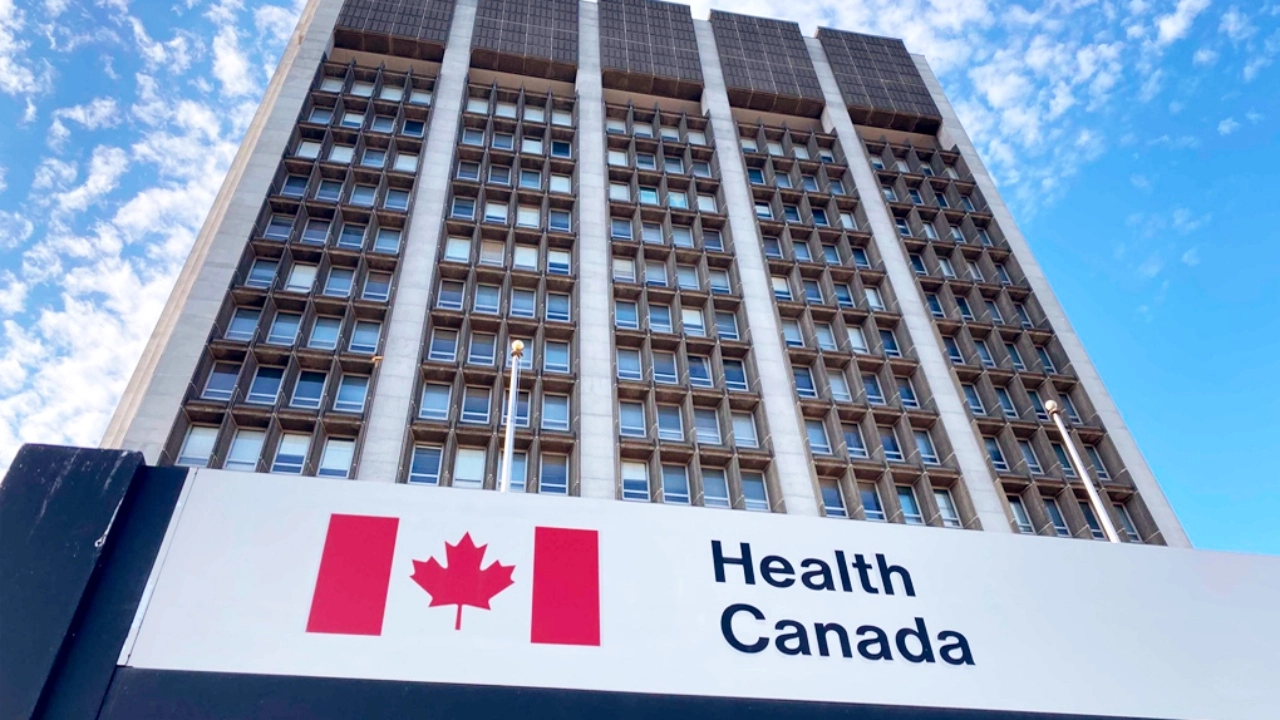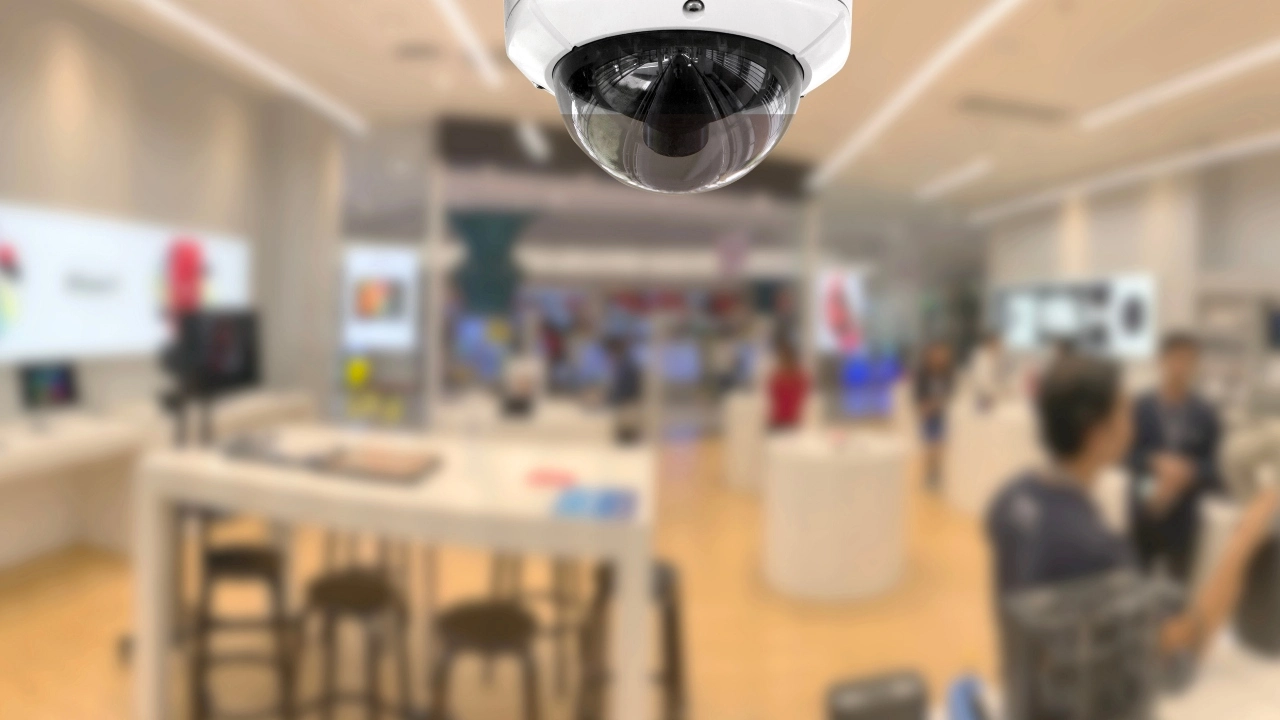Scores of illicit shops are flourishing across New York, posing a competitive threat to the state’s upcoming multibillion-dollar adult-use marijuana industry.
In fact, some unlicensed sellers are peddling marijuana products such as flower, pre-rolls and edibles from small stands out in the open – including in public venues such as Greenwich Village’s Washington Square Park, long known as a popular meeting spot and cultural hub.
The regulated recreational marijuana market in New York is projected to launch late this year or in early 2023.
The 2022 MJBiz Factbook projects that annual sales will hit $1 billion-$1.2 billion in 2023 and $2.2 billion-$2.7 billion by 2026.
Underground operators, however, could draw customers away from the licensed businesses because they don’t pay taxes and licensing fees and, so, can offer lower prices.
At the same time, the state hopes to convert these illicit businesses into licensed companies and persuade customers to buy regulated products that have passed high safety and health standards.
As of last week, the state Office of Cannabis Management said it had issued 52 cease-and-desist letters since February in attempts to rein in the illicit activity across the state, much of it in the New York City area.
The cease-and-desist letters ordered the underground businesses to stop the illegal activity or risk being rejected for a license in the legal market.
The illegal operators also were warned of the possibility of steep fines and criminal penalties.
Aaron Ghitelman, the office’s deputy director of communications, wrote in an email to MJBizDaily that the regulator “will work with our partners to enforce the law,” but he declined to elaborate on the “ongoing investigations.”
Crackdown could hinder diversity
There might be a good reason for that, experts said: Cracking down on illicit sellers is tricky because many are the same people the state wants to convert into licensed equity businesses in an effort to develop a diverse adult-use cannabis industry.
In March, the state announced it would issue the first round of retail recreational licenses to individuals with marijuana-related convictions and associated entrepreneurs.
The state has a goal of issuing 50% of all adult-use licenses to equity applicants and wants to create a $200 million public-private fund to help support those individuals.
“What’s critical is the intention of those (illegal) operators,” said Rob DiPisa, co-chair of the cannabis law practice at New Jersey-based Cole Schotz.
“Is their intention to convert (to the regulated market)? If their intention is to continue to operate in the legacy market, then it just compounds the problem New York already has with its legacy market.”
It’s difficult to get a handle on the amount of illicit marijuana sales in New York.
New Frontier Data estimates that illicit sales nationwide totaled $66 billion in 2020. The firm noted in a blog post that an estimated “24% of U.S. cannabis sales were believed legal” that year.
Stay informed with MJBiz Newsletters
MJBiz’s family of newsletters gives cannabis professionals an edge in this rapidly changing industry.
Featured newsletters:
- MJBizDaily: Business news for cannabis leaders in your inbox each morning
- MJBiz Cultivator: Insights for wholesale cannabis growers & vertically integrated businesses
- MJBizCon Buzz: Behind-the-scenes buzz on everything MJBizCon
- MJBiz Retail + Brand: New products, trends and news for cannabis retailers, distributors and marketers
- Hemp Industry Week: Roundup of news from hemp farming to CBD product manufacturing
- And more!
Illinois-based multistate operator PharmaCann, which has one of the New York’s 10 lucrative vertical medical marijuana licenses, said New York must curb illegal activity – even if that means cracking down on some individuals whom the state hopes to persuade to join the regulated industry.
“Illicit market activity is rampant in New York and actively undermines the goal of the General Assembly to create a diverse, revenue-generating regulated market to displace the illicit market,” Jeremy Unruh, PharmaCann’s senior vice president of public and regulatory affairs, told MJBizDaily via email.
“Stakeholders must come to terms with the fact that allocating resources to quash the illicit market does not run afoul of decriminalization objectives.”
State regulators have a similar message.
“New York State is building a legal, regulated cannabis market that will ensure products are tested and safe for consumers while providing opportunities for those from communities most impacted by the over criminalization of cannabis prohibition – illegal operations undermine our ability to do that,” Ghitelman of the Office of Cannabis Management wrote in his email.
Running afoul by “gifting”
New York’s illicit operations include small storefronts, street stalls and consumption lounges.
As has happened in other emerging adult-use markets such as Vermont, many businesses believe they are taking advantage of a legal loophole by “gifting” cannabis if customers pay for merchandise such as T-shirts, club memberships or marijuana delivery fees.
But those transactions are considered illegal sales under New York’s Marihuana Regulation and Taxation Act (MRTA), according to state regulators.
Based on anecdotal evidence, scores of illicit operations are selling marijuana products, with the number growing in recent weeks and months.
“More and more new ones are opening up,” DiPisa said. “Obviously, they see an opportunity.
“They are seeing other legacy operators not being prosecuted, and then that gives other potential operators the comfort to do it themselves.”
An executive with one of the state’s existing MMJ operators recently observed people selling marijuana products out in the open from small tables set up in Washington Square Park.
The executive – who did not want to be identified because of the sensitive nature of the topic – saw prices of $30-$40 for an eighth of an ounce of marijuana, $15 for pre-rolls and $30 for a 100-milligram bag of gummies.
“A couple of guys even gave me business cards to contact them if I want delivery,” the executive noted.
“This was in Washington Square Park which is known for weed culture historically – so perhaps a bit more prevalent here – but similar stands/setups are all over the city,” the executive added.
Upstate in Buffalo, Scott Mazza, founder of Vitality CBD, estimated in a recent interview that about 10 such storefronts had emerged in the area, some with signs.
“Storefronts are popping up,” Mazza said, “gifting” cannabis by selling T-shirts and other merchandise.
“It’s definitely concerning that the gray market in Buffalo is thriving,” he said.
New York cannabis regulators “said it’s not allowed, but it’s not being enforced. Our attorneys, they’re laughing because they say there’s no one here to enforce it,” Mazza said.
In addition to operating a CBD business, Mazza is a partner in a prospective equity retail business in the state’s recreational marijuana industry.
One has to be “hyperaware” of the illicit market, he said, because it makes succeeding in the competitive legal market that much more difficult.
In part because of the illicit market, he and his partners are thinking of focusing on more suburban, high-income locations.
Unless a legal establishment can establish itself as more trustworthy, “there’s no reason for people to transition (to the legal market) with higher prices,” he said.
Jeff Smith can be reached at jeff.smith@mjbizdaily.com.





